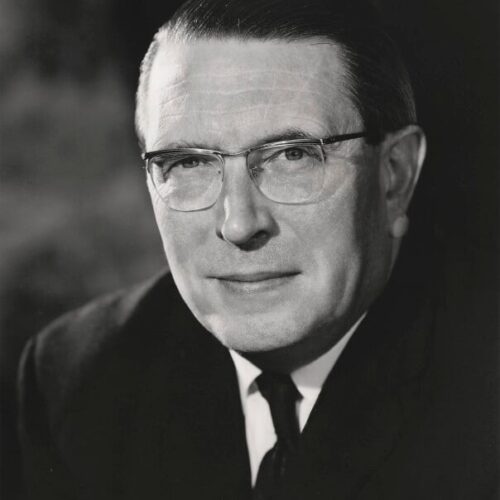

Humanist ethics, as I understand them, are concerned with mankind. As humanists we believe in reason, but we also believe that knowledge is not just a hedonistic luxury in which privileged individuals can indulge, but which must be put to work for the benefit of humanity.
Lord Ritchie-Calder, ‘Putting Ethics to Work’ in The Humanist Outlook, ed. A.J. Ayer (1968)
Peter Ritchie Calder, who became Lord Ritchie-Calder in 1966, was one of the 20th century’s best-known scientific journalists, a prominent peace activist, and an active worker for a range of progressive and humanitarian causes. He was also a leading member of the humanist movement—serving on the Advisory Council of the British Humanist Association (now Humanists UK) and as an Honorary Associate and President of the Rationalist Press Association—who believed in putting humanist ethics to work on a global scale.
Putting ethics to work means sharing knowledge and skills for the common advancement of mankind. The operative word is ‘sharing’ because we should learn in all humility that the science and technology of our so-called civilization does not have all the answers. Science, unfortunately, is not wisdom. Wisdom is knowledge tempered by judgement.
Lord Ritchie-Calder, ‘Putting Ethics to Work’ in The Humanist Outlook, ed. A.J. Ayer (1968)
Peter Ritchie Calder was born in 1906 in Forfar, Scotland, and began his career as a journalist while still in his teens. He worked on papers in Scotland and London, including as science editor of the News Chronicle 1945-1956, establishing himself as a skilled communicator of science for the general reader. This extended to many published books over the course of his career, with titles including Science Makes Sense; Science in Your Life; Living With the Atom; and Man and The Cosmos.
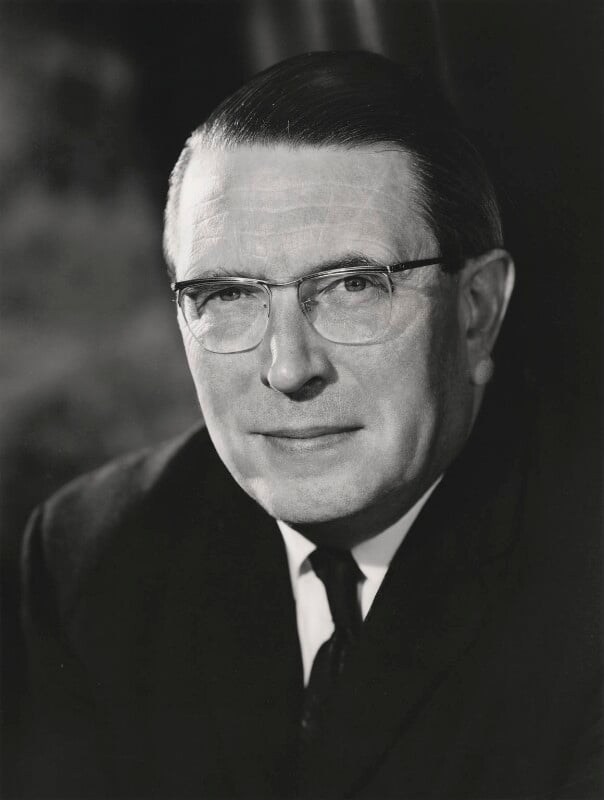
In the words of the New Humanist, Ritchie Calder became ‘an academic without a degree’, appointed Montague Burton Professor of International Relations at Edinburgh University from 1961 to 1967. He worked for a range of international bodies (a number of which were spearheaded by fellow humanists), including UNESCO, the Food and Agriculture Organisation, and the World Health Organisation (WHO). He was a member of the UN Secretariat at the Peaceful Uses of Atomic Energy Conferences in 1955 and 1958, a member of the WHO group on Mental Aspects of Atomic Energy, a consultant to the Center for the Study of Democratic Institutions and Oxfam, and chair of the Chicago University Study Group on Radiation in the Environment in 1960. He was also involved with the Workers’ Educational Association, the Open University, the Fabian Society, and the Campaign for Nuclear Disarmament.
Ritchie Calder became associated with the Rationalist Press Association in the 1950s. He was a Director of the RPA from 1959 to 1965, an Honorary Associate from 1965, and President from 1973 until his death. He was also a member of the Advisory Council of the British Humanist Association (now Humanists UK), and contributed to A. J. Ayer’s The Humanist Outlook (1968). His essay, ‘Putting Ethics to Work’, stated the need to put humanist ethics into practice on a world scale.
Ritchie Calder was appointed CBE in the 1945 New Year Honours, received the UNESCO-awarded Kalinga Prize for the Popularization of Science in 1960, and was made a Labour Life Peer in 1966. During his later life, he continued his efforts for various progressive and humanitarian causes, including through his contributions in the House of Lords. He died on 31 January 1982, and a non-religious memorial meeting was held at the Palace of Westminster on 6 April.
Ritchie Calder was one of a number of extremely influential humanists of the 20th century. Alongside figures such as Julian Huxley, John Boyd Orr, Kingsley Martin, and Brigid Brophy, Ritchie Calder’s humanist belief in putting rationalism to work in the world underpinned decades of thinking, writing, and activism, with a special emphasis on how the threat of weaponised science could be tempered by reason and humanity.
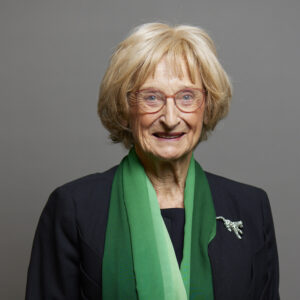
Universal rights are exactly that, universal, and one should not suddenly acquire different rights after a certain number of birthdays. […]
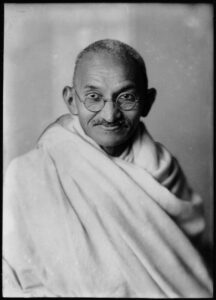
The international significance and reputation of Mohandas Gandhi is well-known, but his involvement with the burgeoning humanist movement during the […]
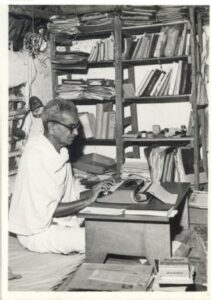
Godlessness is negative. It merely denies the existence of god. Atheism is positive. It asserts the condition that results from […]
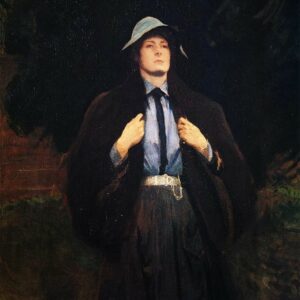
I for one don’t believe in looking regretfully back into the past or forward with illusive hopes into the future, […]